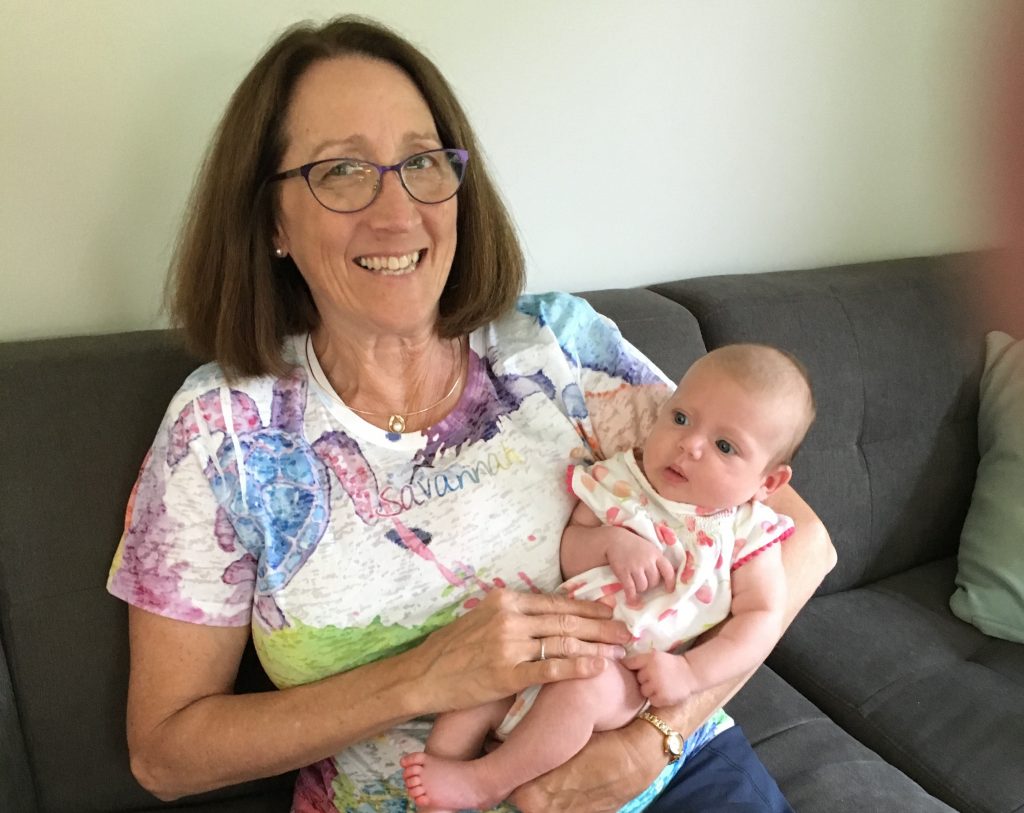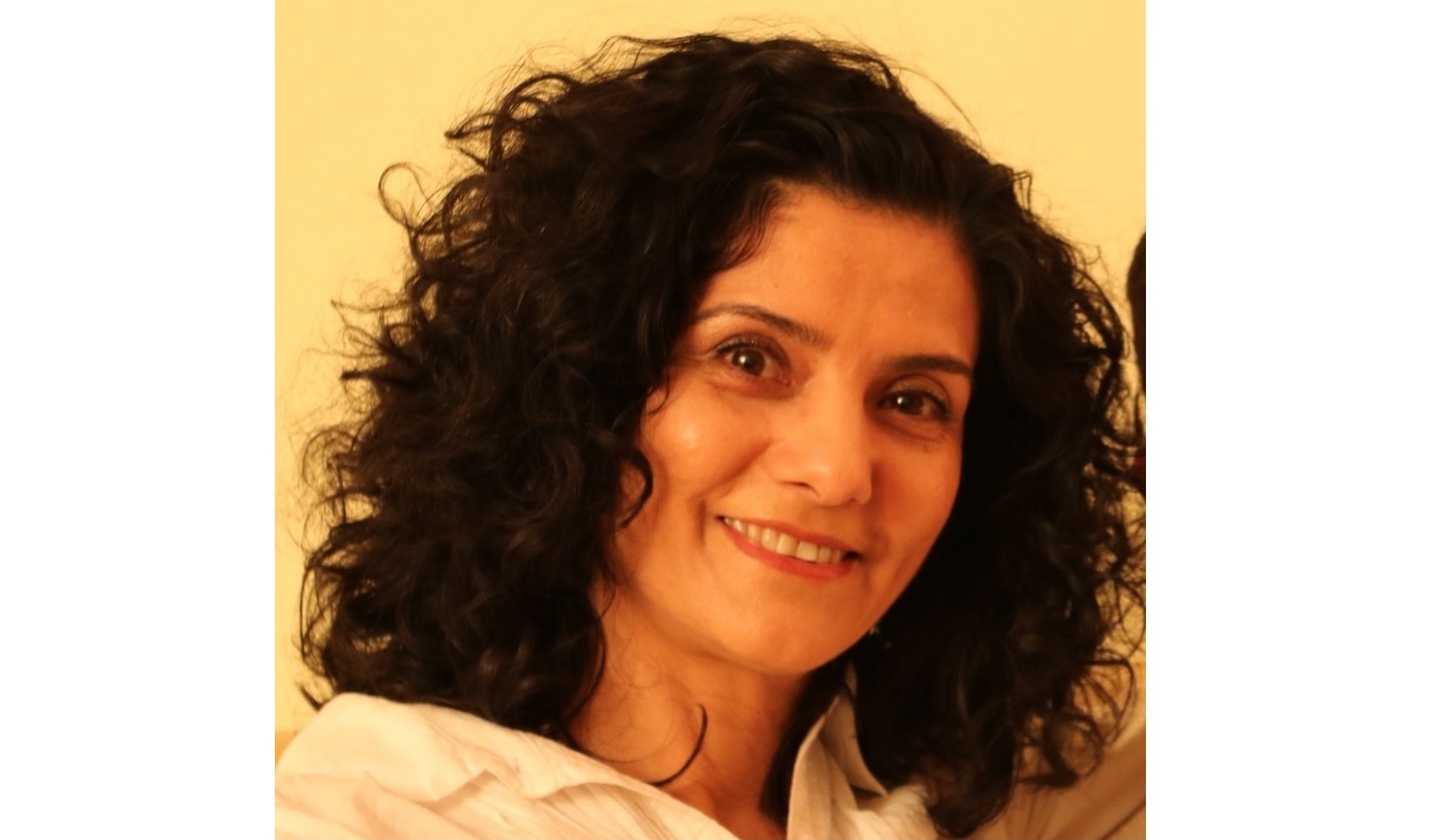As New York State slowly begins to re-open, many early care and education providers are wondering what work will look and feel like when they return to their centers. In the coming weeks, Teaching, Leading and Caring (TLC) will be sharing the perspectives of leaders of programs across the state that have stayed open throughout this crisis. We hope that this helps to light the way forward.
Cathy Halayko is the Co-Director at Bethlehem Preschool, Inc. and currently serves as the Treasurer of the Capital District Child Care Coordinating Council. Bethlehem Preschool, Inc. is a not-for-profit early education center established in 1975 and QUALITYstarsNY participating program in Glenmont, NY [Albany County]. The center serves infant through preschool-aged children and serves first grade school-aged children during the summer months. Cathy has worked there for 30 years, alongside her sister and Co-Director Mary Morrill. To prepare to serve essential workers, Cathy worked with their OCFS office and QUALITYstarsNY Quality Improvement Specialist to improve procedures to keep teachers and children safe and healthy.
Many educators are curious about what it’s like to run an early childhood program at this time. What would you like to share with them?
In the next few months, flexibility is going to be the key. You will have to take what you have, whether it is a certain number of staff, a certain number of dollars or a certain number of kids and be flexible. You need to make sure things can keep running to meet the needs of your families, because it is all about what families need. Families of essential workers [especially], but all families need childcare so they can continue to do their work. Everything is different and we need to be flexible to react to all of the differences that happen.
Are you experiencing financial challenges as a result of serving fewer children?
We were one of the first companies to get the PPP loan which has been able to keep us going. Many families have continued to pay some or all of their weekly tuition which also helps to smooth finances out moving forward.
Do you have any sage advice for directors who are considering reopening right now?
Make sure you have updated your policies and procedures, especially health and safety, and make sure everything is in place. The help we have gotten from QUALITYstarsNY in the last few weeks has been fabulous. If that same support can be spread to non-QUALITYstarsNY programs that would be helpful for all programs in the state. I feel incredibly supported by QUALITYstarsNY.
Given all this change, what has remained the same about leading an early childhood program?
The kids are wonderful, the staff is wonderful, and we all love each other and want to be together.
What have you done to help children understand what is going on?
We have had the same group of children through all the changes. We are relying on the social and emotional information our QUALITYstarsNY specialist has given to us. Absolutely we will continue to focus on social – emotional needs going forward and will utilize the great resources [provided] and send them out to families. We will focus in on the individual needs of every single family. People really are individuals and their comfort level varies greatly, so we need to understand some families are ready to come back and others aren’t. All families want to see safety procedures in place. Be really flexible with families.
What has been a source of strength/support to you during this time?
When the mask regulation came out, I struggled because masks were not available. I spent the whole weekend sewing and made 60 masks that weekend. After that, I knew we needed a variety for staff. I am a member of the American Sewing Guild (ASG) that is composed of wonderful (mostly) women that I kindly asked to help. I got another 100 masks from my friends at the ASG. I don’t know, if they know how much I appreciated their help. My stress level went from high to low knowing we were supported by other members of the community.
During Teacher Appreciation week, we did a parade of family cars through our parking lot with the kids safe on the playground. Just seeing the staff and families was emotional and we can’t wait to have everyone back.
What changes or challenges have you encountered with training staff, children, or families?
One of the needs to look at is staffing. If people want to work and you are able to give them a paycheck you have to make sure they are able to come in and be productive and feel comfortable. You might want to have staff work half days or every other day. Every program is different, but the key is flexibility and communicating with staff members, so staff feel comfortable. Let them know what your policies are (e.g. temperature, washing hands). You should be clear with staff members so that they can feel comfortable because, in my experience, the staff are really nervous. Do everything you can to make them comfortable. They will be comfortable if they know what their schedules are, if they know what the rules are, and if they know we are doing our best to screen people as they enter the building. Let them know they are loved and try to recognize their efforts.
I have found the children we have to be very flexible. Make sure they know they are loved, and they come to a consistent classroom every day. There are many great resources with the Pyramid Model so we will begin using those resources to focus on social-emotional relationships and teacher self-help. There are many great resources available so make an effort to use them.
What social distancing techniques are you using?
We are requiring all adults (parents and teachers) to wear masks at all times unless they can social distance or are on break. Training on mask use is important. We supply masks for our staff. We are not requiring children to wear masks. We spread out on our big playground outside and clean it at least twice a day.
What message would you like to send to state leaders about the needs of early care and education field in NYS right now?
My main message is that we should remember that we are serving families and children. Families need care 52 weeks of the year and they need full day care. Whether the child is 1 year old or 10 years old the need is still there. When we are making policy, families need to be thought of in a year round way. This speaks to the need for our educator training to reflect what families need and not a 40 week school year philosophy. I am not saying to change public schools but to change the philosophy of the fact that families need care year round.
What questions do you have for educators whose programs are currently open? Please share in the comments section below.
Andrea Bruno is an Early Childhood Coach on the New York Early Childhood Professional Development Institute’s coaching team.



